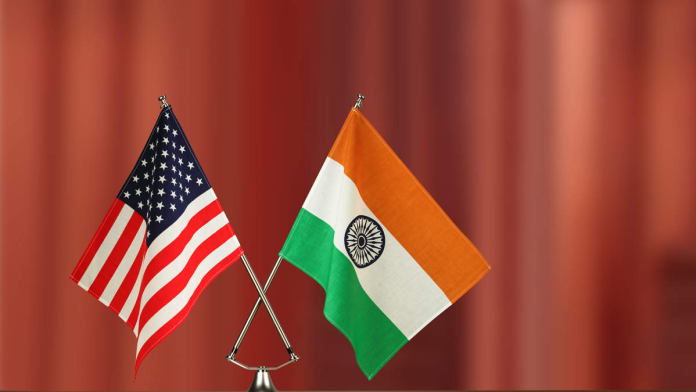A new investigation has revealed a dramatic series of events linking a private phone call, stalled trade talks, and an unusual push for international recognition. At the heart of the matter lies a reported conversation in 2019 between U.S. President Donald Trump and India’s Prime Minister Narendra Modi that triggered diplomatic tension and economic setbacks. The story unfolds with twists that resemble a political thriller more than routine diplomacy.
The Call, The Refusal, and the Nobel Angle
On June 17, a phone call reportedly changed the course of relations between Washington and New Delhi. Trump phoned Modi, boasting of having “ended the India-Pakistan escalation.” According to sources, he then hinted that support for a Nobel Peace Prize nomination would be an appropriate response. Modi was said to have bluntly refused.
This refusal carried weight. For months, Trump had been presenting himself as a global peacemaker. From negotiations in Korea to statements on South Asia, the Nobel Prize had become a personal fixation. A nod from Modi, representing the world’s largest democracy, would have been a symbolic victory. But that endorsement never came.
India contracts lobbying firms in the US to address tariffs and oil sanctions
Adding to the tension was a dispute over the ceasefire. Indian officials maintained that the truce with Pakistan was reached bilaterally. Trump, however, continued to claim America’s direct role, repeating it in public forums to boost his image. This clash of narratives widened the trust gap.
Tariffs, Trade Freeze, and the Cancelled Photo-Op
Weeks after the failed Nobel endorsement, Washington imposed heavy tariffs — some as high as 50% — on Indian goods. These measures halted trade talks that had been progressing steadily. Observers quickly began asking whether the tariffs were coincidental policy moves or a response to the rebuff.
At the same time, reports surfaced about a planned White House meeting. New Delhi grew wary that Modi could be caught off guard in a joint appearance with Pakistan’s army chief Asim Munir. For domestic politics in India, such an image would have been highly damaging. The visit never materialized, adding another layer of suspicion and unease.
Global trade realignment: US tariffs drive India-China-Russia $54 trillion partnership
The trade freeze left Indian exporters struggling. Goods such as textiles, leather, and agricultural products were caught in the middle. Negotiations that were supposed to bring both economies closer instead went silent. Trust had eroded on both sides, and business communities bore the brunt.
Truth Social Posts, Tariff Concerns, and the Unfinished Nobel Quest
As tensions played out, a new factor entered the equation: the social media platform Truth Social. Indian officials feared that sensitive trade details could be broadcast unpredictably by Trump on the platform. A single post could reshape negotiations or distort public perception, they worried. This digital uncertainty made dialogue even more fragile.
India’s betting-app ban could increase offshore gambling and crypto money flows
Meanwhile, the Nobel Prize fixation did not fade. Despite the refusal and economic backlash, Trump continued describing himself as a strong Nobel candidate. The rejection from Modi highlighted the limits of personal lobbying in international diplomacy.
The unfolding events raised a sharp question. Did India’s prime minister’s principled refusal to support a Nobel campaign trigger economic punishment? Or were tariffs and trade freezes simply the result of unrelated policy choices? The timing made it difficult to separate coincidence from retaliation.
What remains clear is that personal ambition, political image, and global trade became intertwined in unexpected ways. From a private phone call to stalled negotiations, the saga shows how ego-driven moves can ripple across borders, leaving economies and diplomatic ties hanging in the balance.


